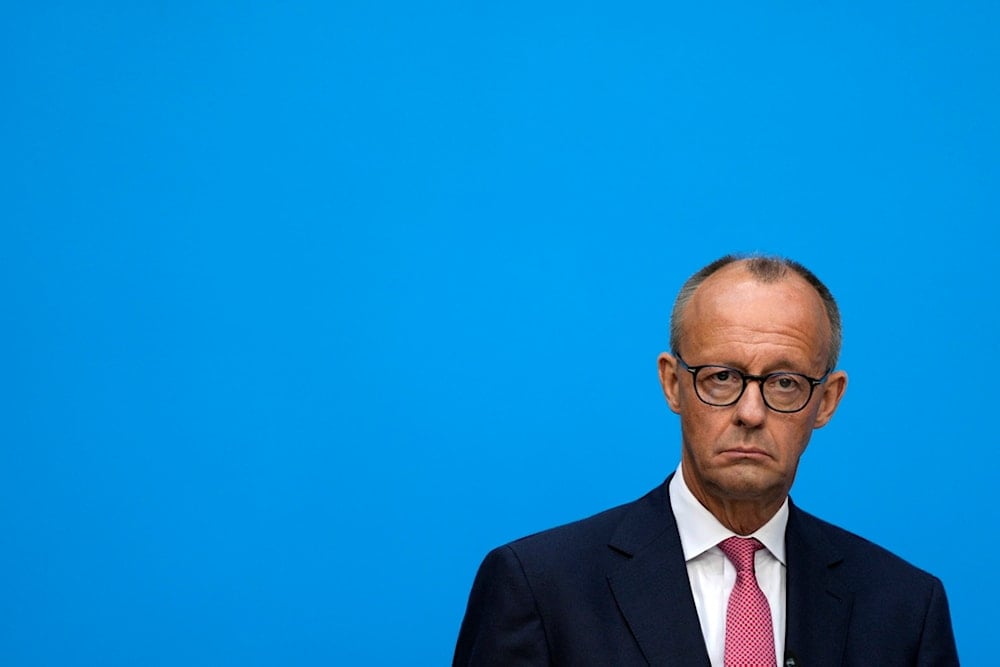CSU leader rules out coalition with Greens before February elections
Soeder criticized The Greens for their approach to migration, describing it as a fundamental obstacle to controlling immigration into Germany.
-

German opposition leader and Christian Democratic Union party chairman Friedrich Merz is pictured at a joint news conference with Markus Soeder, CSU leader and state governor of Bavaria, in Berlin, Germany, on Tuesday, September 17, 2024. (AP)
Markus Soeder, leader of Bavaria's Christian Social Union (CSU), has firmly ruled out the possibility of forming a coalition with The Greens, citing significant differences in policy priorities. In an interview with Bild published Sunday, Soeder emphasized his stance, stating, "I am dead serious about that."
The CSU is campaigning alongside the Christian Democratic Union (CDU) for the upcoming federal election in February. Friedrich Merz, the CDU leader, has been named as the conservative alliance's candidate for chancellor.
Soeder criticized The Greens for their approach to migration, describing it as a fundamental obstacle to controlling immigration into Germany. "For us, turning them away at the border is essential. That is why it is clear to us that the Greens are out. The Greens are the main obstacle to the migration issue because they are guided by a completely wrong idea," he explained.
This announcement comes amid political turmoil in Germany following the dissolution of the federal parliament by President Frank-Walter Steinmeier on Friday. The snap election, scheduled for February 23, was called after Chancellor Olaf Scholz lost a vote of confidence in his government.
Read more: Germany to hold February elections following Bundestag dissolution
Scholz's left-green coalition collapsed in early November after he dismissed Finance Minister Christian Lindner, leader of the Free Democratic Party, over disagreements regarding the 2025 budget and additional aid for Ukraine.
The unexpected move removed the chancellor's majority in the Bundestag, setting the stage for an early national election, seven months before the end of his four-year term.
Steinmeier's warning
In a televised statement, Steinmeier said on Friday that "especially in difficult times like now, an effective government and reliable majorities in parliament are needed for stability," cautioning that the next government will have "major challenges" to deal with.
He highlighted the need to address Germany's persistent economic weakness, the war in Ukraine, turmoil in the Middle East, the growing impact of climate change, and the management of migration flows.
Steinmeier, whose role as head of state is largely ceremonial, did not directly mention Donald Trump, but the imminent return of the US president-elect to the White House remains another source of uncertainty for Europe.
Read more: Elon Musk's AfD endorsement sparks resignation at German newspaper

 3 Min Read
3 Min Read








